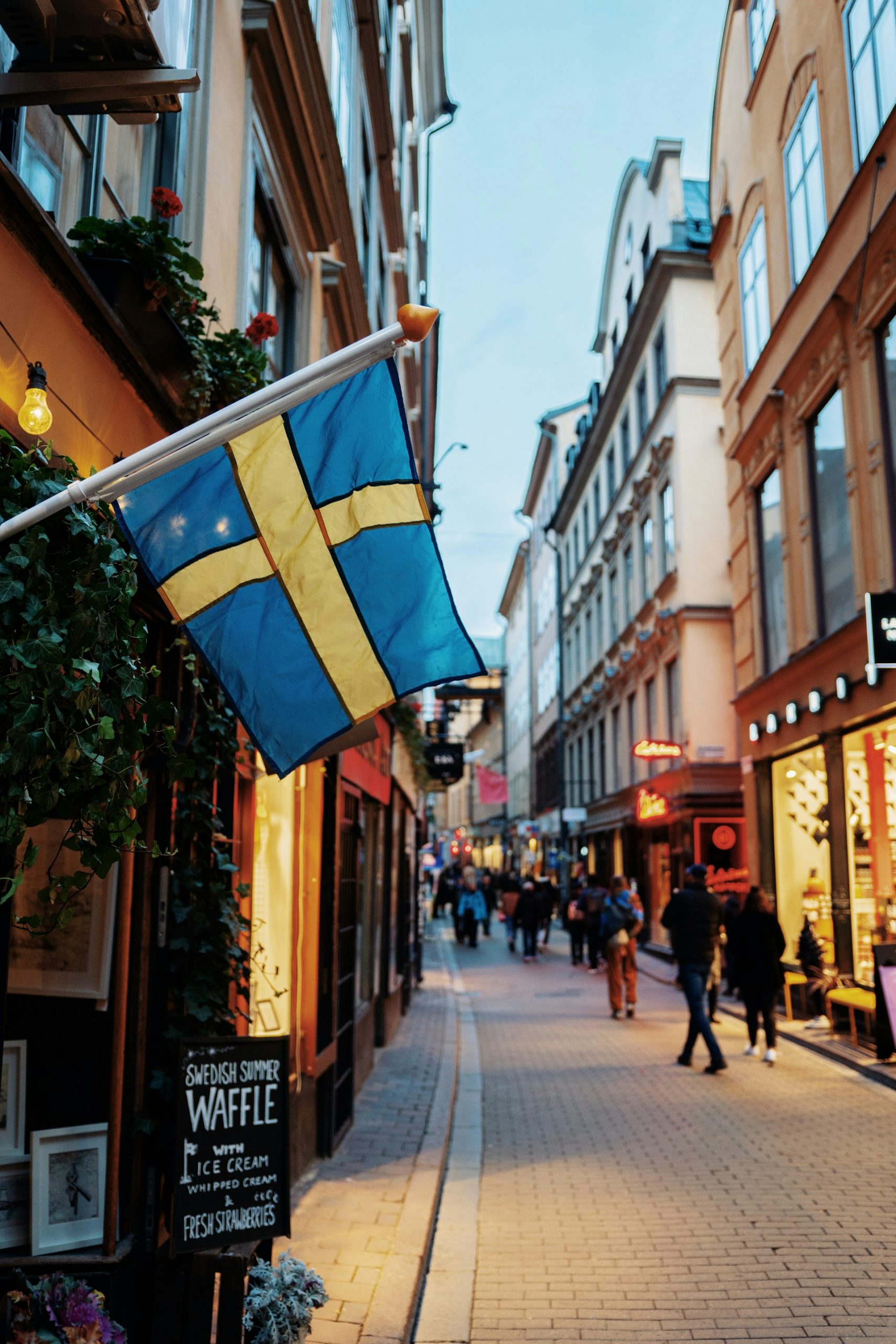To invoke the protection of art. 248.1 APK the Russian party has to prove that it is really affected by sanctions


Photo by Linus Mimietz on Unsplash
Case: A55-24707/2022
LLC “European Biological Technologies” filed a claim with the Arbitrazh Court of the Samara region to recover from the company “Cabinplant A/S” the amount of unjust enrichment in the form of advance payment for the undelivered goods under the contract dated 12.09.2013 №92/SMB13 in the amount of 36,347,094 RUB. 90 KOP. Previously, the parties had agreed on arbitration of the dispute at the Arbitration Institute of the Stockholm Chamber of Commerce (hereinafter – SCC) in accordance with the arbitration clause.
In the Statement of Claim, the Russian party refers to the application of Art. 248.1 of the Arbitrazh Procedure Code of the Russian Federation (hereinafter – APC), which provides that:
“1. Unless otherwise provided by an international treaty of the Russian Federation or an agreement of the parties, in accordance with which the consideration of disputes with their participation is referred to the competence of foreign courts, international commercial arbitration located outside the territory of the Russian Federation, the exclusive competence of arbitration courts in the Russian Federation shall include cases:
1) disputes involving persons in respect of whom restrictive measures are applied by a foreign state, state association and/or union and/or state (interstate) agency of a foreign state or state association and/or union;
2) on disputes of one Russian or foreign person with another Russian or foreign person, if the grounds of such disputes are restrictive measures imposed by a foreign state, state association and/or union and/or state (interstate) agency of a foreign state or state association and/or union against citizens of the Russian Federation and Russian legal entities”.
In addition, the Claimant justifies the exclusive jurisdiction of the Russian Arbitration Court by the following facts: a) the changed geopolitical situation; b) the inclusion of Denmark in the list of unfriendly countries; c) the inability to pay the arbitration fee to the SCC due to restrictions on international bank transfers; d) the biased and politicised judgement of the SCC, if the case is considered by this institution.
However, the name “European Biological Technologies” was not mentioned in the EU sanctions lists, i.e. the claimant only assumes that sanctions can be imposed against it and that it is under threat of such sanctions, since 98.82% of the shares of the sole shareholder of the company belong to the Samara region, i.e. to the Russian state.
Thus, the Arbitrazh court did not recognize its exclusive competence for the following reasons:
Based on the above and pursuant to Article 129(1)(1) of the APC of Russian Federation, the Arbitrazh Court in Samara returned the claim back to the Claimant and dismissed the case.
Notably, this is not the only recent case in which a party has sought to transfer a case from the jurisdiction of a foreign court to a Russian court. On the contrary, this practice has been used more frequently since February 2022, even though such a norm has been in the APC since 2020.
Statistics show that: The number of cases in which art. 248.2 is invoked has risen from 59 in the 20 months between June 2020 and Februar 2022 to 67 in the 13 months between 25 February 2022 and 27 March 2023. Overall, the number of cases seems low considering the attention that this topic is getting in the international arbitration community.1
This dynamic is related to the fact that persons subject to sanctions or those businessmen/companies that will soon face sanctions want to protect themselves from a negative outcome of the case not in favour of the Russian party.